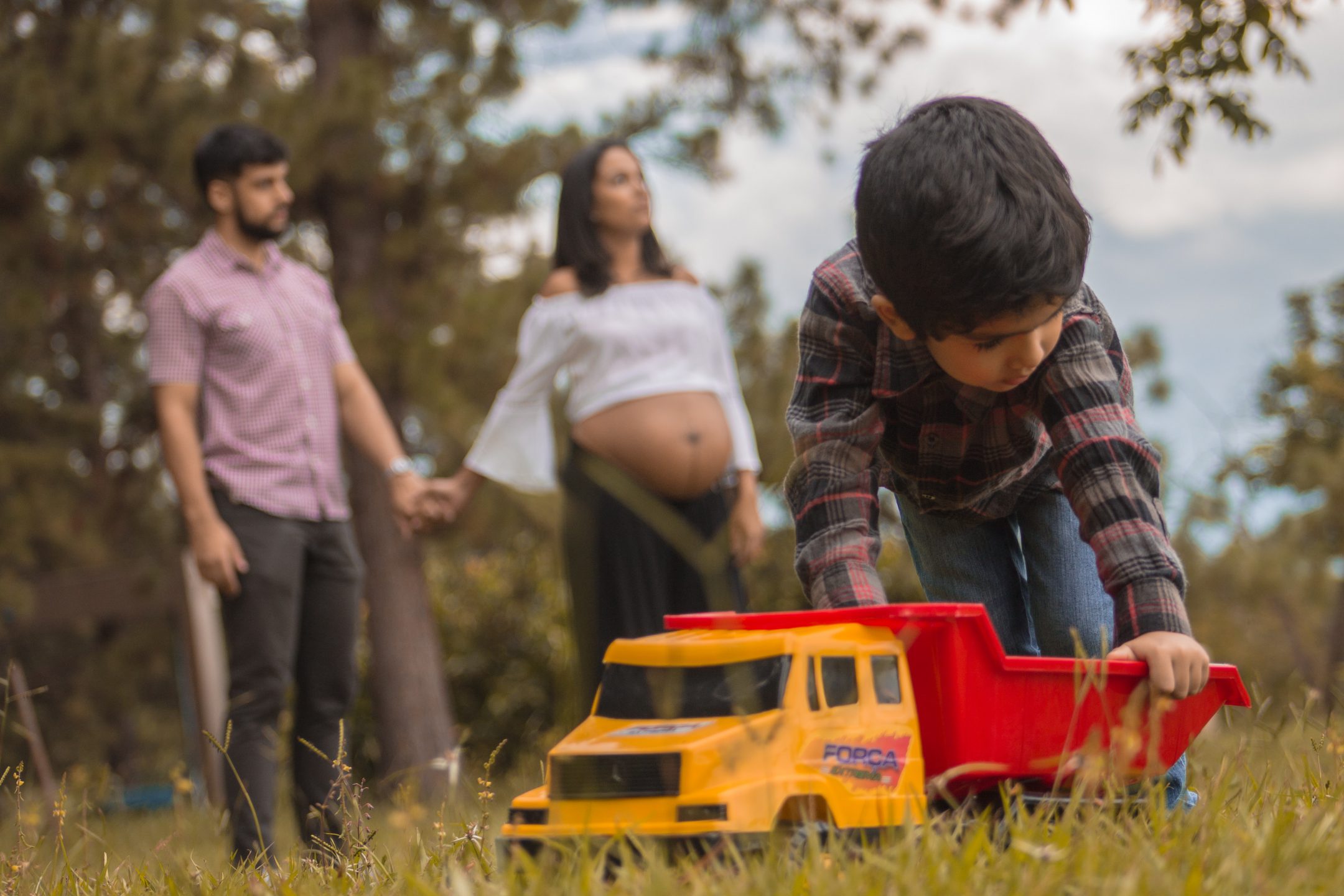Car accidents are often a traumatic experience for everyone involved. For those who are pregnant, being involved in a car accident can be even more distressing and dangerous.
Pregnant women may be at a higher risk of a car accident, especially during the second trimester, according to a six year study of more than 500,000 women. The study found that during the second trimester of pregnancy women were 42% more likely to be involved in a motor vehicle accident than they were three years before the pregnancy.
Following a motor vehicle accident, pregnant women may experience vaginal bleeding or spotting, leakage of fluid or increased vaginal discharge, swelling of the face or fingers, severe and constant headaches, abdominal pain, pain in the shoulders, persistent vomiting not associated with morning sickness, chills or fever, changes in the unborn child’s movements, faintness or dizziness. Theses types of symptoms may occur within hours, days, weeks or even months following an accident.
TYPES OF INJURIES WOMEN CAN SUFFER AS A RESULT OF A CAR ACCIDENT
There are increased risks of complications for pregnant women that are involved in car accidents. Some of the most common injuries suffered by pregnant women as a result of a motor vehicle accident include:
- Premature Birth: A baby born before 37 weeks of pregnancy is considered premature. Studies have shown higher rates of preterm labour of those women involved in car accidents. Doctors may be able to stop preterm labour with medication and other interventions. There are cases where a baby is born prematurely and in some cases are unable to survive or suffer from permanent disabilities as a result.
- High-Risk Pregnancy: The pregnancy may be designated as high-risk following a car accident. A pregnancy deemed high-risk often involves additional doctor’s visits, more medications, more ultrasounds and additional electronic fetal monitoring. For the pregnant mother, this situation often adds additional stress and worry about the unborn child.
- Placental Abruption: Placental Abruption is a serious condition occurring when the placenta partially or completely separates from the uterus before the baby is born. Abdominal trauma suffered in a car accident can increase the chance of placental abruption. If this occurs, the pregnancy becomes high-risk and requires careful monitoring and added stress.
- Uterine Injury: During pregnancy the uterus is enlarged and is therefore more susceptible to injury. If the pregnant mother’s uterine is to rupture as a result of a car accident, there is a very high mortality rate for the unborn child and a greater risk of death for the mother. A uterine injury can also cause internal bleeding, which threatens both the life of the unborn child and mother.
- Miscarriage: Unborn babies are protected by the uterus, amniotic fluid, placenta and other structures of the mother’s abdominal cavity. However, if the mother is involved in a serious car accident and subjected to powerful forces, the baby may be unable to endure the trauma.
Pregnant women are also more prone to severe stress or emotional trauma after a car accident due to their concern for their unborn baby. The stress following an accident alone may cause pregnancy complications. In fact, studies of pregnant women who are suffering from PTSD (post-traumatic stress disorder) found that these women are more likely to give birth to a premature or low weight baby.
IS IT SAFE TO WEAR A SEATBELT WHILE PREGNANT?
All experts agree that the most effective way to lower injuries in car accidents is for everyone, including pregnant women, to wear a seatbelt.
It is recommended that pregnant women wear a lap and shoulder belt combination. The lap belt should be positioned under the pregnant stomach, touching the thighs, and low on the mother’s hip bones. The shoulder strap should fit snugly through the middle of the shoulder and between the expecting mother’s breasts.
If the pregnant woman is driving a vehicle, it is important that she keep her stomach a protected distance away from the airbag. The mother’s breast bone should be at least 10 inches away from the dashboard or steering wheel.
WHAT TO DO AFTER A CAR ACCIDENT WHEN PREGNANT?
If you have been involved in a motor vehicle accident while pregnant, even if you believe that it was a minor accident, you should be examined by a doctor as soon as possible.
Your medical professionals will know whether you require treatment and will advise you of the appropriate treatment to begin while you are pregnant. They may also recommend proceeding with additional tests depending on your condition and the stage of your pregnancy.
Once you have been examined and return home, you should continue to look for subsequent vaginal bleeding, leaking fluid, contractions or other abdominal pain, or a decline in the baby’s movement. If you experience any of these symptoms, it is important to contact your doctor immediately.
If you have suffered pregnancy complications as a result of a motor vehicle accident that was caused by a third party, you may be able to file a legal claim against the responsible party. It is important to consult an experienced personal injury lawyer as soon as possible so as not to jeopardize any opportunity to seek compensation.
Cuming & Gillespie LLP can help evaluate your specific case to determine whether you have a valid personal injury claim. Please contact the experienced and award winning lawyers at Cuming & Gillespie LLP online or at 403-571-0555. Contact our office for a free consultation to determine how we can help you recover compensation for your injuries.

